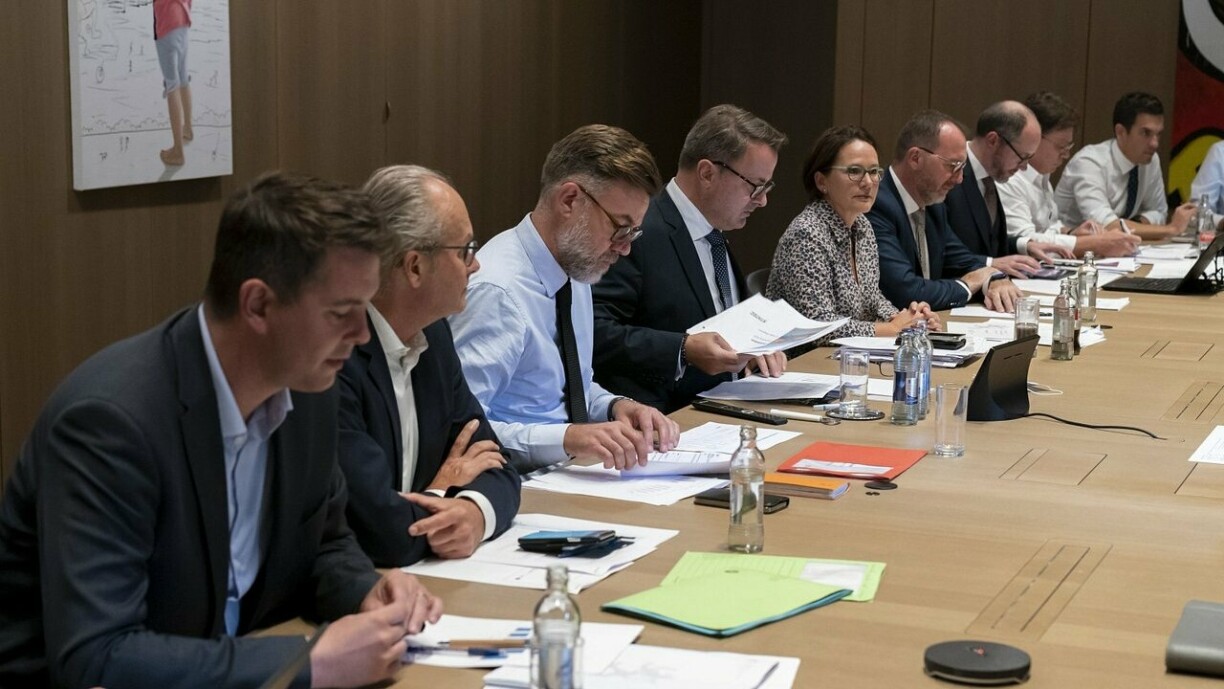
These conclusions come from figures prepared by the Ministry of Finance for this weekend’s tripartite meeting and reported to RTL.
In August, the central state - the state budget without the municipalities and social security - recorded a surplus of one billion euros. This result was partly due to an increase in certain revenues, boosted by inflation, as well as due to the still relatively limited impact of inflation on public expenditure.
However, the Ministry of Finance expects a deficit of between 1 and 1.5 billion euros, due to a drastic deterioration in the balance in the coming months.
The authorities explain this development by the energy tax credit which compensates for the index bracket postponed to next April. The macroeconomic context could also imply a drop in revenue.
Also, the Ministry’s data clearly shows that the current budgetary work between the administrations and the Ministry should lead to a deterioration of the balance not only in 2022, but also in the coming years.
After his bilateral meetings with employers and trade unions on Wednesday, Prime Minister Xavier Bettel promised financial support for households and companies affected by the sharp rise in energy costs. At the same time, he also declared that the government would stick to the budgetary targets set in the coalition agreement. The three parties DP, LSAP and the Greens have committed themselves to keeping the public debt below 30% of GDP.
Finance Minister Yuriko Backes (DP) and her party have reiterated that the country does not have enough reserves to finance an adjustment of tax scales to inflation. Such a reform would cost between 500 and 600 million euros per year, according to their estimations.